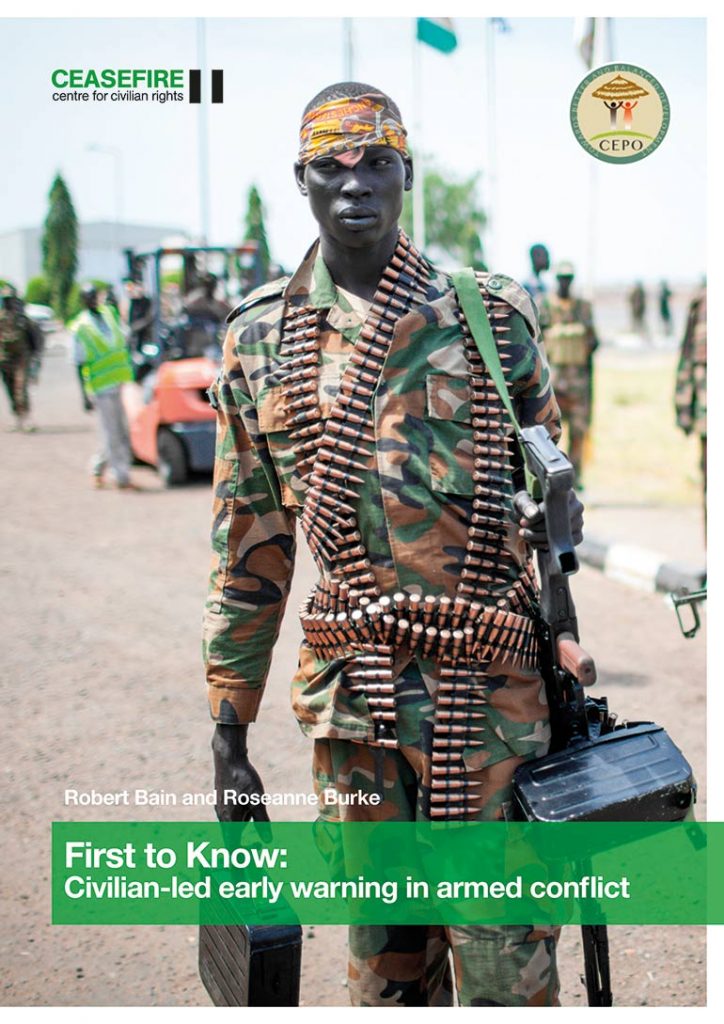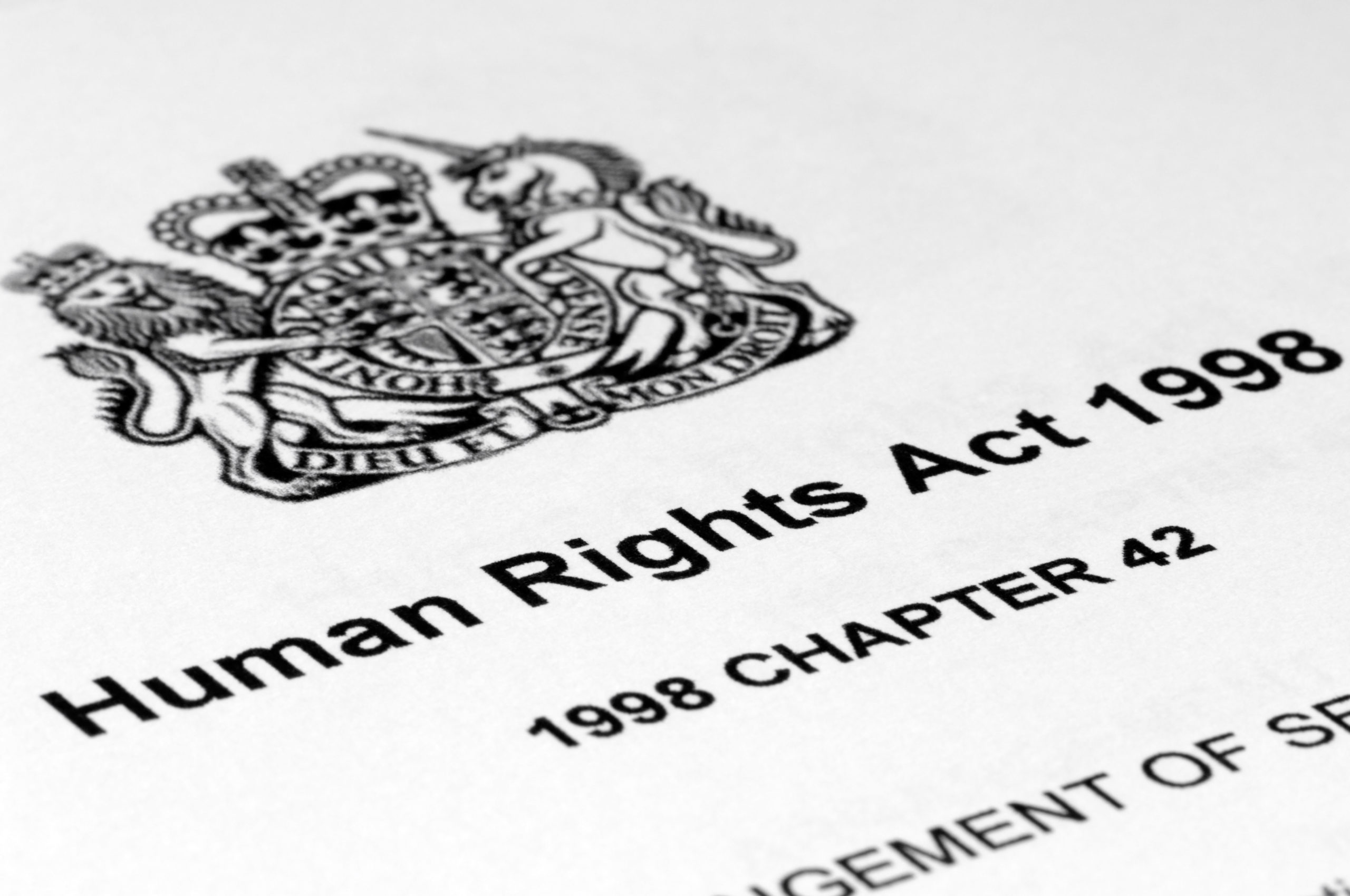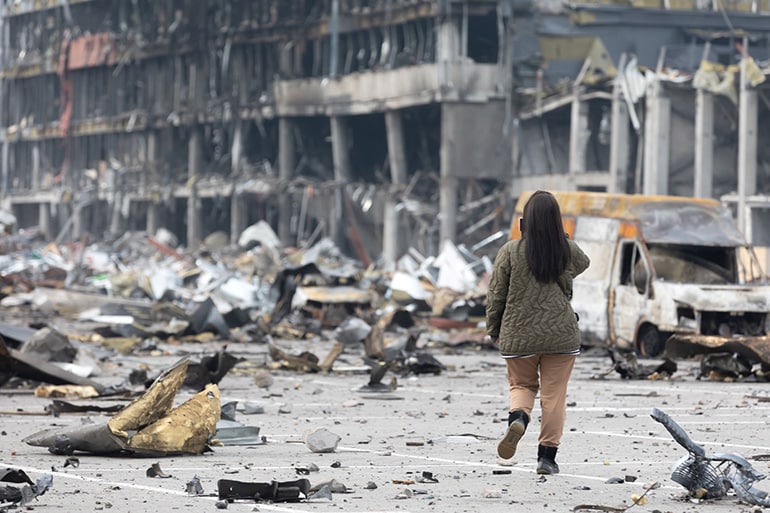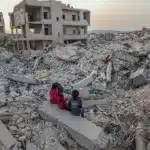April 2021
Civilian-led early warning of violence in armed conflict is a viable technique that has significant potential to save lives by alerting both responsible authorities and civilian populations of impending threats, finds a new report. ‘First to Know: Civilian-led early warning in armed conflict’ examines the lessons learned from a pilot early warning system in South Sudan implemented by Ceasefire and the Community Empowerment for Progress Organisation.
Civilian-led early warning of violence in armed conflict is a viable technique that has significant potential to save lives by alerting both responsible authorities and civilian populations of impending threats, finds a new report. ‘First to Know: Civilian-led early warning in armed conflict’ examines the lessons learned from a pilot early warning system in South Sudan implemented by Ceasefire and the Community Empowerment for Progress Organisation.
Civilian-led early warning systems have the potential to:
- Ensure that information on a wide spectrum of violence or threatened violence is captured, including in particular sexual and gender-based violence, extortion, pillage and other exactions against local civilian populations, as well as communal violence and patterns of criminal violence linked to the conflict;
- Provide real-time information from territories to which access is difficult or denied for official monitors;
- Ensure that warnings quickly reach the communities that are most under threat;
- Enable local community interests and perspectives to be regularly inputted into peace processes.
‘The early warning system has allowed us to bring civilian concerns to the attention of key national and international decision makers in the South Sudan peace process, concerns that would have otherwise been marginalised,’ said Edmund Yakani, Executive Director of CEPO.
‘Unfortunately the peace process has not been run with the interests of civilians in mind,’ he added.
Drawing on the experience of the pilot in South Sudan, the report finds that civilian-led early warning systems should be tailored to the social and political context of the conflict in which they operate, that they must be complemented by an effective advocacy strategy on civilian protection to enable rapid response, and that they should not be regarded as a cheap or easy alternative to official or international systems.
The report argues that civilian-led early warning systems are an important step toward peace processes that are more inclusive of the interests and perspectives of the civilians they claim to serve. They are well-suited to the majority of today’s conflicts, which frequently occur in populated areas and in which civilians are actively targeted or otherwise subject to serious harm.
‘Civilian-led early warning recognises the active role civilians themselves play in improving civilian protection and security,’ said Mark Lattimer, Executive Director of Ceasefire. ‘The technique is an important complement to official warning systems which sometimes move slowly and even fail to warn populations most at risk.’
To support the effective expansion of civilian-led early warning, this report recommends:
- Key national and international decision makers in peace processes should support civilian-led early warning systems and recognize that they offer a means of prioritizing the protection of civilians and supporting the inclusion of civilian perspectives into processes relating to conflict prevention, de-escalation and resolution.
- Policy makers should recognize that civilian-led early warning systems require a serious commitment of time and resources. They require significant political and material support, and protection.
Note for editors:
First to Know: Civilian-led early warning in armed conflict is published on 8 April 2021. The report was produced under the project ‘Strengthening civil society capacity for early warning on identity-based violence in South Sudan’, supported by the UK government (UK Aid Direct).
For further information or to arrange interviews, e-mail: contact@ceasefire.org























